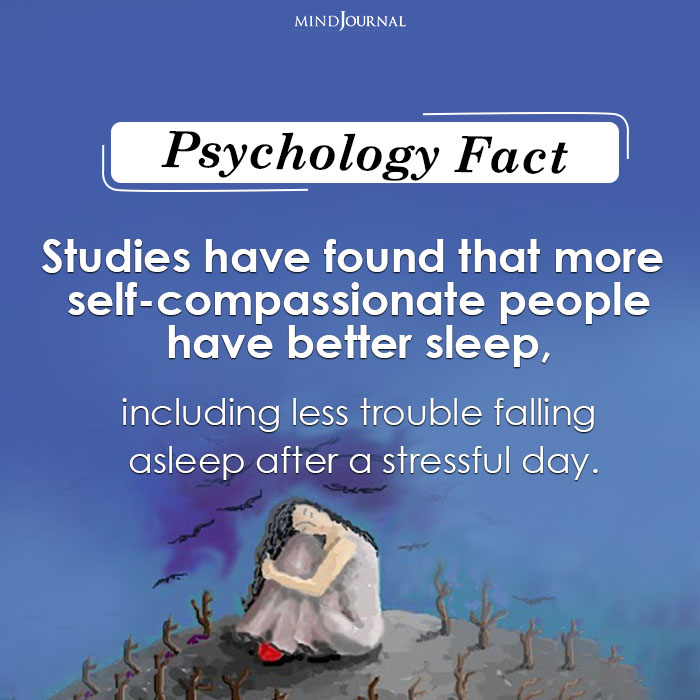Do you wake up multiple times during the night? While waking up once or twice at night is normal for most people, waking up several times can be detrimental to your health. If you keep asking How can I stop waking up multiple times at night?, then we are here to help.
How can I stop waking up multiple times at night?
Wondering how to stay asleep all night? A good night’s sleep is essential for our overall well-being. However, many of us struggle with the frustrating experience of waking up multiple times during the night.

These interruptions can leave us feeling groggy and irritable the next day, affecting our productivity and quality of life. If you find yourself tossing and turning, longing for a peaceful, uninterrupted slumber, you’re in the right place.
Related: How To Stop Overthinking At Night
Here are 9 practical and effective tips to help you answer how can I stop waking up multiple times at night and help you enjoy a restful sleep –
1. Create a soothing sleep environment
Your sleep environment plays a crucial role in the quality of your rest. Make your bedroom a sanctuary of tranquility by following these tips:
- Keep the room cool, ideally between 60-67°F (15-19°C), as a cooler environment promotes better sleep.
- Invest in a comfortable mattress and pillows that support your body.
- Use blackout curtains or a sleep mask to block out any unwanted light that might disrupt your sleep.
- Consider using earplugs or a white noise machine to minimize disturbances from outside sounds.
2. Establish a consistent sleep routine
Our bodies thrive on routine, and establishing a regular sleep schedule can significantly improve sleep quality. Follow these steps to create a consistent sleep routine:
- Set a fixed bedtime and wake-up time, even on weekends, to regulate your internal clock.
- Wind down before bed by engaging in relaxing activities such as reading a book, taking a warm bath, or practicing gentle stretching or yoga.
- Avoid stimulating activities close to bedtime, including intense exercise, consuming caffeine or nicotine, and using electronic devices that emit blue light.
3. Manage stress and anxiety
Stress and anxiety can wreak havoc on our sleep patterns. Incorporate these stress management techniques into your daily routine to promote better sleep:
- Practice deep breathing exercises, meditation, or mindfulness techniques to calm your mind before bed.
- Keep a journal to write down any worries or concerns, allowing your mind to release them before sleep.
- Engage in stress-reducing activities during the day, such as exercise, spending time in nature, or pursuing hobbies you enjoy.
Related: Warning Night Owls: Is Staying Up Late At Night Bad For Your Mental Health?
4. Limit fluid Intake before bed
While it’s important to stay hydrated throughout the day, consuming excessive fluids before bed can lead to nighttime awakenings due to bathroom trips. Follow these tips to strike a balance if you keep asking how can I stop waking up multiple times at night? –
- Limit your fluid intake in the evening, especially caffeinated beverages and alcohol that can disrupt sleep quality.
- Drink a glass of water an hour or two before bed if you’re thirsty, but avoid excessive consumption closer to bedtime.

5. Create a pre-bedtime ritual
A pre-bedtime ritual signals to your body that it’s time to unwind and prepare for sleep. Consider incorporating these activities into your routine:
- Engage in light stretching or gentle yoga to release tension from your body.
- Enjoy a warm, caffeine-free herbal tea, such as chamomile or lavender, known for their calming properties.
- Dim the lights in your home and switch to softer, warm-toned lighting to promote relaxation.
6. Optimize your sleeping position
Your sleeping position can affect the quality of your sleep and reduce the likelihood of nighttime awakenings. When learning how to stay asleep all night, consider the below tips for optimal sleeping positions:
- If you’re prone to acid reflux or heartburn, try sleeping on your left side to alleviate symptoms.
- Back sleepers can place a pillow under their knees to maintain spinal alignment and reduce pressure on the lower back.
- Side sleepers can benefit from hugging a pillow between their knees to align the spine and alleviate hip and lower back pressure.
7. Evaluate your bedroom’s air quality
The air we breathe while sleeping can impact our sleep quality. Improve your bedroom’s air quality with these suggestions:
- Keep your bedroom well-ventilated by opening windows or using a fan to circulate fresh air.
- Invest in an air purifier to filter out allergens, dust, and other pollutants.
- Use hypoallergenic bedding materials to minimize potential allergic reactions that can disrupt sleep.
Related: 5 Helpful Tips For A Good Night’s Sleep
8. Avoid clock-watching
Constantly checking the clock when you wake up during the night can increase anxiety and make it harder to fall back asleep. Follow these recommendations to break the habit:
- Remove visible clocks from your bedroom or turn them away from view.
- Instead of checking the time, focus on relaxation techniques or engaging in a calming activity until you feel drowsy again. This is how to stay asleep all night.
9. Seek professional help if needed
If you’ve tried various strategies to solve your query – how can I stop waking up multiple times at night? and still find it difficult to sleep without frequent awakenings, it may be helpful to consult a healthcare professional or sleep specialist.
A medical professional can help identify any underlying sleep disorders or provide personalized guidance to improve your sleep quality.

Takeaway
Waking up multiple times during the night can be frustrating and impact your overall well-being. By implementing these practical tips, you can create a sleep-conducive environment, establish a consistent routine, manage stress, and optimize your sleeping position, among other strategies.
Remember, it may take time to find the combination of techniques that work best for you, so be patient and persistent in your efforts. With a little perseverance and these helpful tips, you’ll be on your way to enjoying a peaceful, uninterrupted night’s sleep and waking up refreshed and revitalized each morning.
Sweet dreams!
If you enjoyed reading our guide on how to stay asleep all night, comment and let us know!
Related: How To Wake Up Refreshed And Rested: 5 Tips That Actually Work
Frequently Asked Questions (FAQs):
Why do I keep waking up multiple times throughout the night?
Possible reasons are stress, poor sleep habits, sleep apnea, restless leg syndrome, caffeine, alcohol, or underlying health issues.
Why do I keep waking up 3 times at night?
It may be due to disrupted sleep cycles, stress, excessive fluids before bed, sleep disorders, discomfort, or environmental factors.
Is it normal to wake up every 2 hours?
Frequent awakenings every 2 hours could indicate disrupted sleep, sleep disorders, or other underlying health issues. Consult a doctor if concerned.









Leave a Reply
You must be logged in to post a comment.